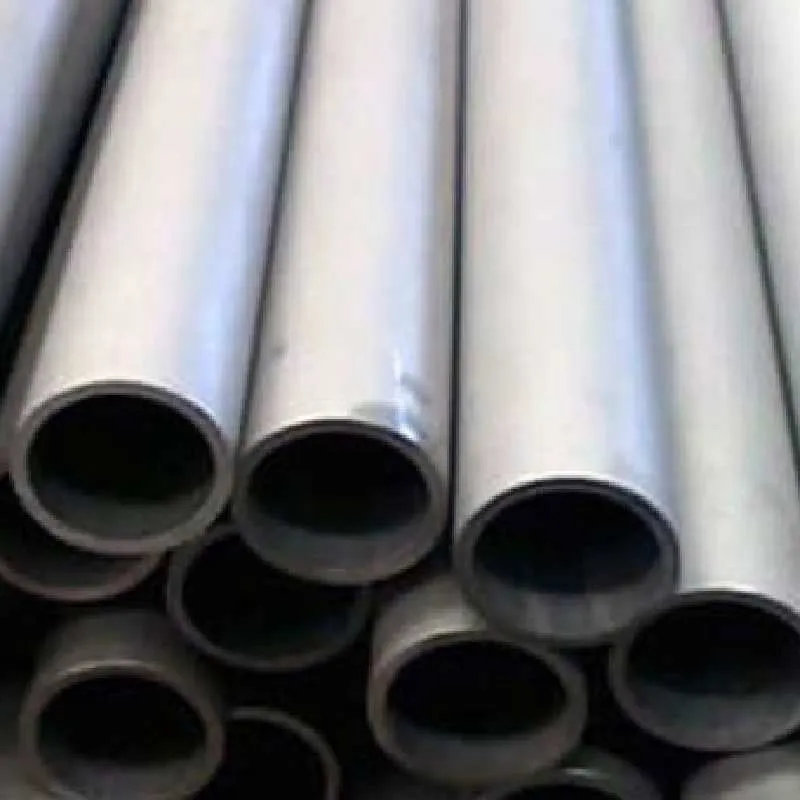-
Cangzhou Yulong Steel Co., Ltd.
-
Phone:
+86 13303177267 -
Email:
admin@ylsteelfittings.com
- English
- Arabic
- Italian
- Spanish
- Portuguese
- German
- kazakh
- Persian
- Greek
- French
- Russian
- Polish
- Thai
- Indonesian
- Vietnamese
- Zulu
- Korean
- Uzbek
- Hindi
- Serbian
- Malay
- Ukrainian
- Gujarati
- Haitian Creole
- hausa
- hawaiian
- Hebrew
- Miao
- Hungarian
- Icelandic
- igbo
- irish
- Japanese
- Javanese
- Kannada
- Khmer
- Rwandese
- Afrikaans
- Albanian
- Amharic
- Armenian
- Azerbaijani
- Basque
- Belarusian
- Bengali
- Bosnian
- Bulgarian
- Catalan
- Cebuano
- China
- China (Taiwan)
- Corsican
- Croatian
- Czech
- Danish
- Esperanto
- Estonian
- Finnish
- Frisian
- Galician
- Georgian
- Kurdish
- Kyrgyz
- Lao
- Latin
- Latvian
- Lithuanian
- Luxembourgish
- Macedonian
- Malgashi
- Malayalam
- Maltese
- Maori
- Marathi
- Mongolian
- Myanmar
- Nepali
- Norwegian
- Norwegian
- Occitan
- Pashto
- Dutch
- Punjabi
- Romanian
- Samoan
- Scottish Gaelic
- Sesotho
- Shona
- Sindhi
- Sinhala
- Slovak
- Slovenian
- Somali
- Sundanese
- Swahili
- Swedish
- Tagalog
- Tajik
- Tamil
- Tatar
- Telugu
- Turkish
- Turkmen
- Urdu
- Uighur
- Welsh
- Bantu
- Yiddish
- Yoruba

Nov . 20, 2024 02:26 Back to list
api 5l psl2 specification
The API 5L specification, developed by the American Petroleum Institute, is a critical standard for the manufacturing of line pipes used in the transportation of oil and gas. This specification outlines the requirements for the physical and chemical properties, manufacturing processes, and testing methods for line pipes, which are essential for ensuring safety and reliability in pipeline operations.
The API 5L specification addresses two primary grades of pipes PSL1 (Product Specification Level 1) and PSL2 (Product Specification Level 2). PSL1 pipes are intended for non-critical applications where the mechanical properties and quality control are less stringent. In contrast, PSL2 pipes are designed for applications demanding higher mechanical properties, stricter quality control, and enhanced testing requirements, making them suitable for more severe conditions and environments.
.
One of the key components of the API 5L specification is the mechanical property requirements, which include yield strength, tensile strength, and elongation. These properties are critical to ensure the pipe's ability to withstand high pressure and corrosive environments typical in oil and gas transportation. PSL2 pipes are particularly scrutinized for their mechanical properties, with higher minimum yield strengths as per API standards, allowing them to perform reliably under harsh conditions.
api 5l psl2 specification

Additionally, the specification outlines various testing protocols to validate compliance with its requirements. Non-destructive testing (NDT) methods, such as ultrasonic testing, magnetic particle testing, and dye penetrant testing, are employed to detect flaws or discontinuities in the pipe structure that can compromise the integrity of the pipeline. Hydrostatic testing is also a standard procedure used to check the strength and leak-tightness of the pipes before they are put into service.
Corrosion resistance is another crucial aspect addressed by the API 5L specification. Depending on the environment in which the pipeline will operate, additional coatings and corrosion-resistant alloys may be specified to enhance the durability of the pipes. The selection of the right material and surface treatment plays a vital role in extending the lifespan of pipelines and reducing maintenance costs.
Furthermore, API 5L specifications provide guidelines for documentation and traceability, ensuring that each batch of pipes can be traced back to its origin. This aspect of the specification enhances accountability and helps stakeholders ensure compliance with regulatory requirements.
In conclusion, the API 5L specification is an essential framework that governs the manufacturing process and quality assurance of line pipes used in the oil and gas industry. By offering clear guidelines for both PSL1 and PSL2 grades, the specification helps ensure that line pipes meet the necessary safety, reliability, and performance standards required for successful and efficient operation. As the demand for energy continues to grow and infrastructure becomes more complex, adherence to API standards will remain vital for maintaining the integrity of pipeline systems worldwide.
Latest news
-
ANSI 150P SS304 SO FLANGE
NewsFeb.14,2025
-
ASTM A333GR6 STEEL PIPE
NewsJan.20,2025
-
ANSI B16.5 WELDING NECK FLANGE
NewsJan.15,2026
-
ANSI B16.5 SLIP-ON FLANGE
NewsApr.19,2024
-
SABS 1123 FLANGE
NewsJan.15,2025
-
DIN86044 PLATE FLANGE
NewsApr.19,2024
-
DIN2527 BLIND FLANGE
NewsApr.12,2024
-
JIS B2311 Butt-Welding Fittings LR/SR 45°/90° /180°Seamless/Weld
NewsApr.23,2024











